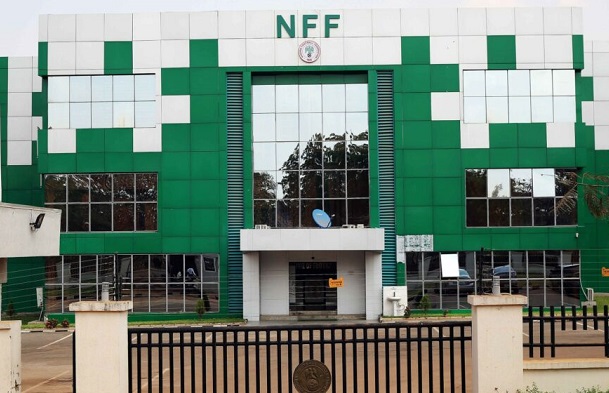The Academic Staff Union of Universities (ASUU) has sued the federal government over “discriminatory, unfair and illegal treatment” of its members.
The suit was filed at the national industrial court of Nigeria (NICN), Abuja, by Femi Falana, counsel to ASUU.
BACKGROUND
On Tuesday, the national industrial court upheld the “no work, no pay” rule by the federal government in the suit filed against ASUU.
Advertisement
On February 14, 2022, ASUU embarked on a strike over issues revolving around revitalising public universities, and a review of lecturers’ salaries and allowances, among other matters.
On October 14, 2022, the strike was called off despite unresolved issues.
From February to October 2022, the federal government refused to pay the lecturers’ salaries owing to the implementation of the “no work, no pay” policy.
Advertisement
The union repeatedly disagreed with the move citing that lecturers cannot be treated like casual workers.
In his ruling on Tuesday, Benedict Kanyip, the presiding judge, said it was within the rights of the federal government to withhold the salaries of workers who embark on strike.
Kanyip described the “no work, no pay” rule as perfectly legal.
THE NEW SUIT
Advertisement
In the new suit, ASUU said it was “discriminatory” for the federal government to pay salaries of members of the medical and dental academics of Nnamdi Azikiwe University, Anambra, who were on strike from February to October 2022.
The academic union added that the federal government equally paid salaries to members of the National Association of Resident Doctors (NARD), who were on strike from September to October 2021.
“A declaration by virtue of the provisions of section 42 of the constitution of the federal republic of Nigeria, 1999 as amended and articles 2 and 19 of the African Charter on Human and Peoples’ Rights (ratification and enforcement) act 2004 the decision of the defendants to pay the members of the Joint Health Service Union who were on strike from March to May 2018 while electing to withhold the salaries of the members of the claimant who took part in an industrial action from February to October 2022 is discriminatory, selective and illegal,” the suit reads.
“A declaration that having regards to the provisions of section 42 of the constitution of the federal republic of Nigeria, 1999 as amended and articles 2 and 19 of the African Charter on Human and Peoples’ Rights (ratification and enforcement) act 2004, the decision of the defendants to pay the members of the National Association of Resident Doctors who were on strike from September to October 2021 while electing to withhold the salaries of the members of the claimant who took part in industrial action from February to October 2022 is discriminatory, unlawful, null and void.
Advertisement
“A declaration that having paid the salaries of lecturers of the medical facilities / medical and dental academic of the Nnamdi Azikwe University, Nnewi campus, Anambra state who were on strike from February to October 2022, the decision of the defendants to withhold the salaries of the members of the claimant is discriminatory and illegal as it violates section 42 of the constitution of the federal republic of Nigeria, 1999 as amended and Articles 2 and 19 of the African Charter on Human and Peoples’ Rights (ratification and enforcement) act 2004.
“An order mandating the 3rd defendant to pay the withheld salaries of the members of the claimant for the months of February to October 2022 forthwith.”
Advertisement





